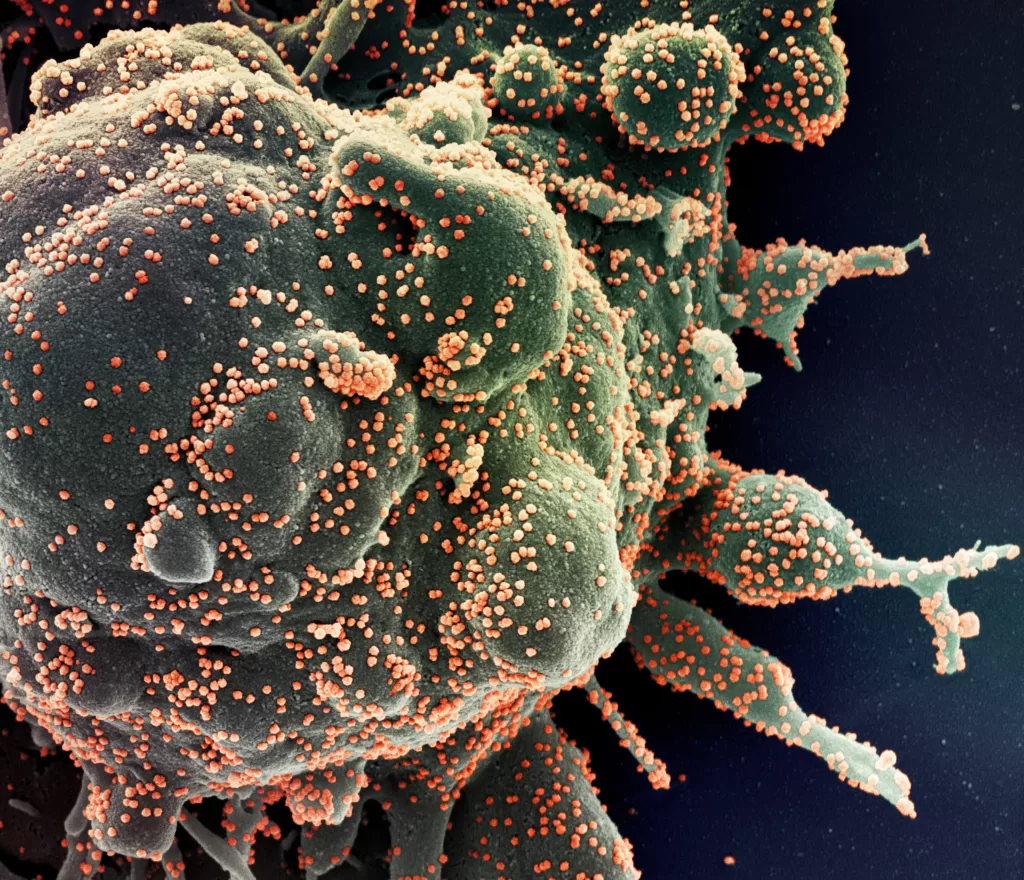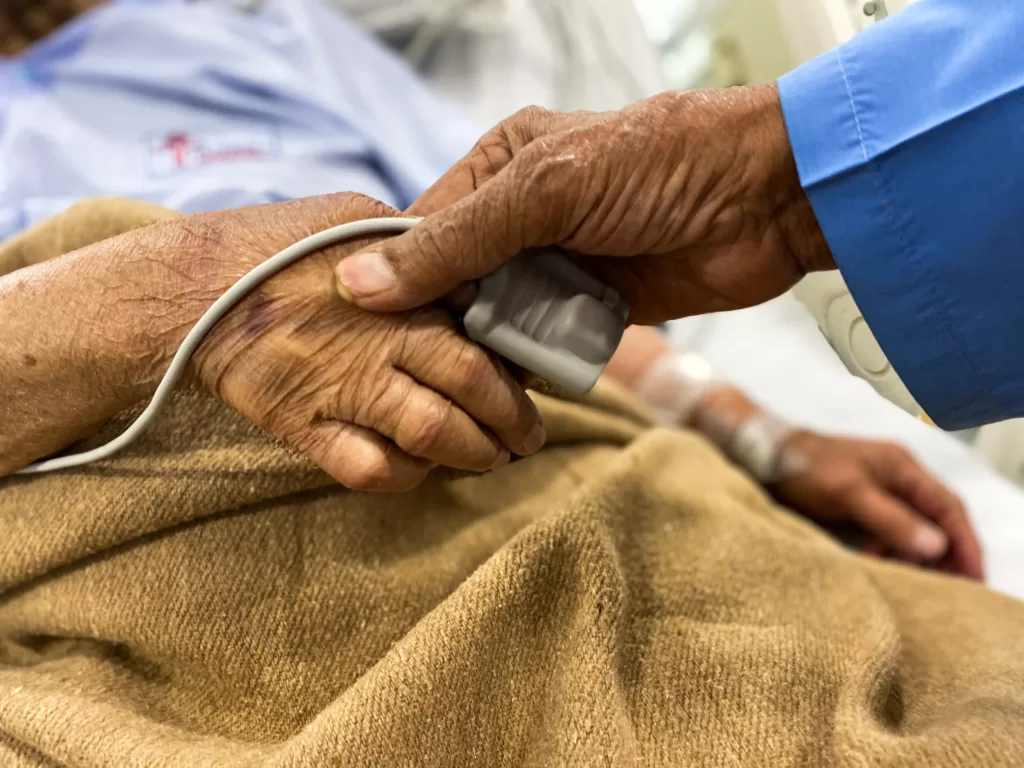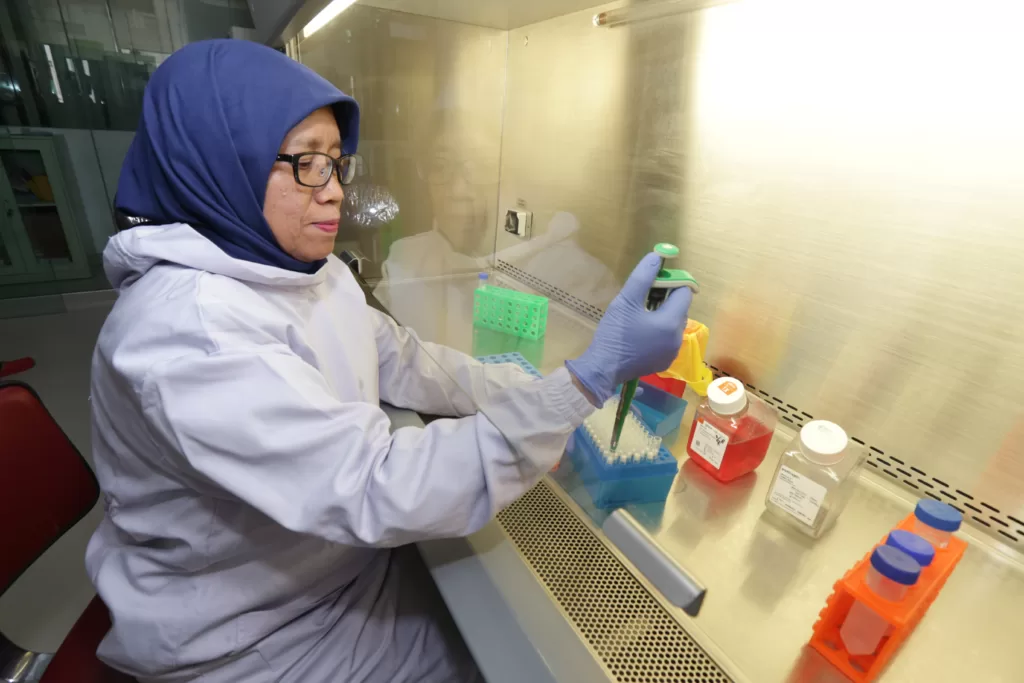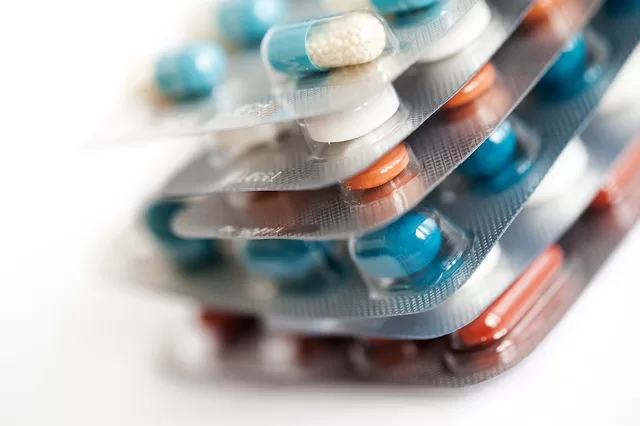We use cookies to improve your experience with Monash. For an optimal experience, we recommend you enable all cookies; alternatively, you can customise which cookies you’re happy for us to use. You may withdraw your consent at any time. To learn more, view our Website Terms and Conditions and Data Protection and Privacy Procedure.
The fight against superbugs
Published on September 6, 2023When so-called 'superbugs' become drug resistant, the infections they cause become even harder to treat.
 The World Health Organization has identified antimicrobial resistance as a global health threat with the potential to eclipse COVID-19. : Michael Joiner, 360info CC BY 4.0
The World Health Organization has identified antimicrobial resistance as a global health threat with the potential to eclipse COVID-19. : Michael Joiner, 360info CC BY 4.0
When so-called ‘superbugs’ become drug resistant, the infections they cause become even harder to treat.
At last month’s G20 Health Ministers’ meeting, politicians from around the world committed to tackling antimicrobial resistance comprehensively.
It will be revealing to see whether the issue also gets mentioned at the upcoming G20 Leaders’ Summit in New Delhi later this week.
That India is currently the president of the G20 is notable, as it’s also one of the countries most affected by antimicrobial resistance.
Each year, antibiotic-resistant infections are responsible for the deaths of nearly 60,000 newborns in India.
If left unchecked, antimicrobial resistance could kill 10 million people a year by 2050 — with 80 percent of those deaths likely to be in developing economies.
But the world isn’t backing down.
Along with developing new ways to tackle superbugs, work is being done to improve the monitoring of antimicrobial resistance, and to ensure more responsible use of antimicrobial drugs in healthcare systems.
Originally published under Creative Commons by 360info™.











